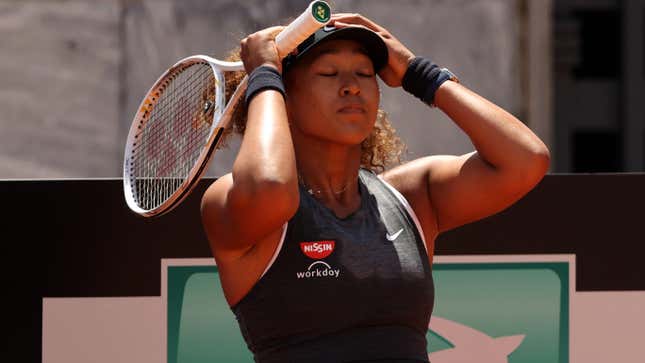Naomi Osaka Doesn't Owe More Than She Already Gives
Work
Photo: Clive Brunskill
Over the weekend fans, sportswriters, and Instagram mental health experts pontificated on Naomi Osaka’s decision to withdraw from the French Open, after organizers fined her $15,000 for putting her own mental well-being over press conferences with reporters asking her the same inane questions on an endless loop. Much of the argument was that these post-game interviews are part of Osaka’s job and, as such, she should simply do the job as any other person must do and be grateful. But when fans, owners, and reporters alike demand so much from athletes, they become something like commodities in the public eye.
-

-

-

-

-

-

-

-

-

-

-

-

-

-

-

-

-

-

-

-

-

-

-

-

-

-

-

-

-

-

-

-

-

-

-

-

-

-

-

-








































